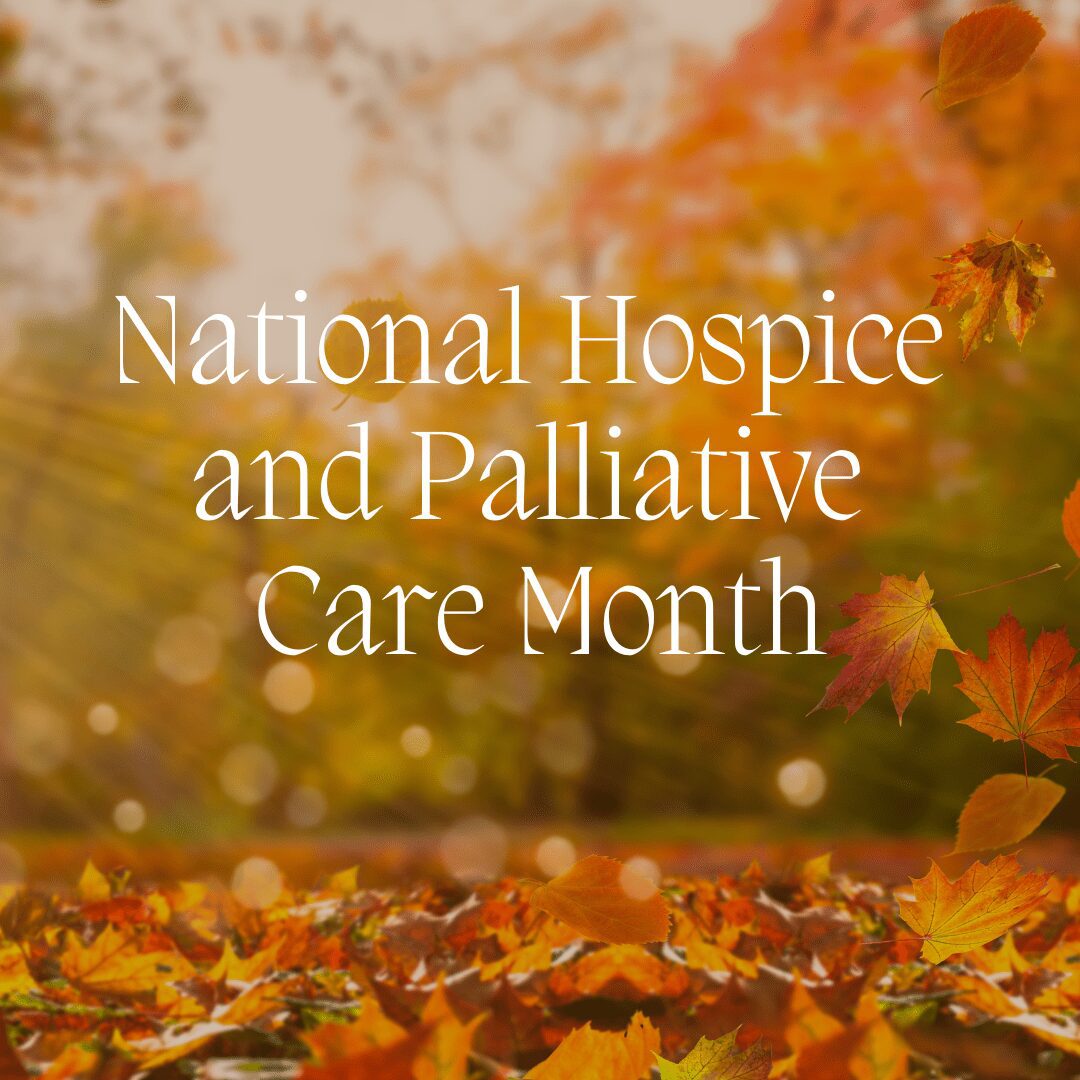Search by Color or Cause


World Hospice and Palliative Care Day is a unified day of action to celebrate, support, and raise awareness about the global hospice and palliative care effort. The first WHPCD occurred on October 8, 2005. WHPCD takes place on the second Saturday in October. Wear a purple and green awareness ribbon pin for WHPCD,
WHPCD is an annual event celebrating the work of hospice and palliative care professionals worldwide. It is a day to celebrate the work of hospices and palliative care providers. These professionals work tirelessly to provide comfort, dignity, and peace to terminally ill patients.
It’s also an opportunity to raise awareness of the role hospice and palliative care plays in helping people live well. Hospice and palliative care provides those at the end of their life with dignity and independence. The day aims to highlight the importance of high-quality end-of-life care for all, regardless of age or location.
The goals are threefold, and include:
More than 50 million people die every year around the world and approximately 60% of these individuals would benefit from hospice and palliative care. But many are not able to access these services. People living with catastrophic illness often experience unnecessary or under-treated pain. If palliative care services are available, they may not know how, or have the ability, to access such care. Hospice and palliative care looks at the whole person and how terminal illness affects the individual, their loved ones, and their community.
Social workers have been involved in hospice and palliative care services since the inception of the hospice movement. The values of hospice, palliative care, and social work correlate with an emphasis on the whole person, the family unit, access to appropriate care, the quality of a person’s life, and the ability to live and die free of pain.
This day is an opportunity for social workers to raise global awareness and support of hospice and palliative care. This pertains to all individuals, especially the vulnerable and underserved such as those hardest hit by the AIDS pandemic. It will also highlight the social work role and commitment to such important care.
The goal is to continue these efforts to celebrate and raise awareness and funds for hospice care.